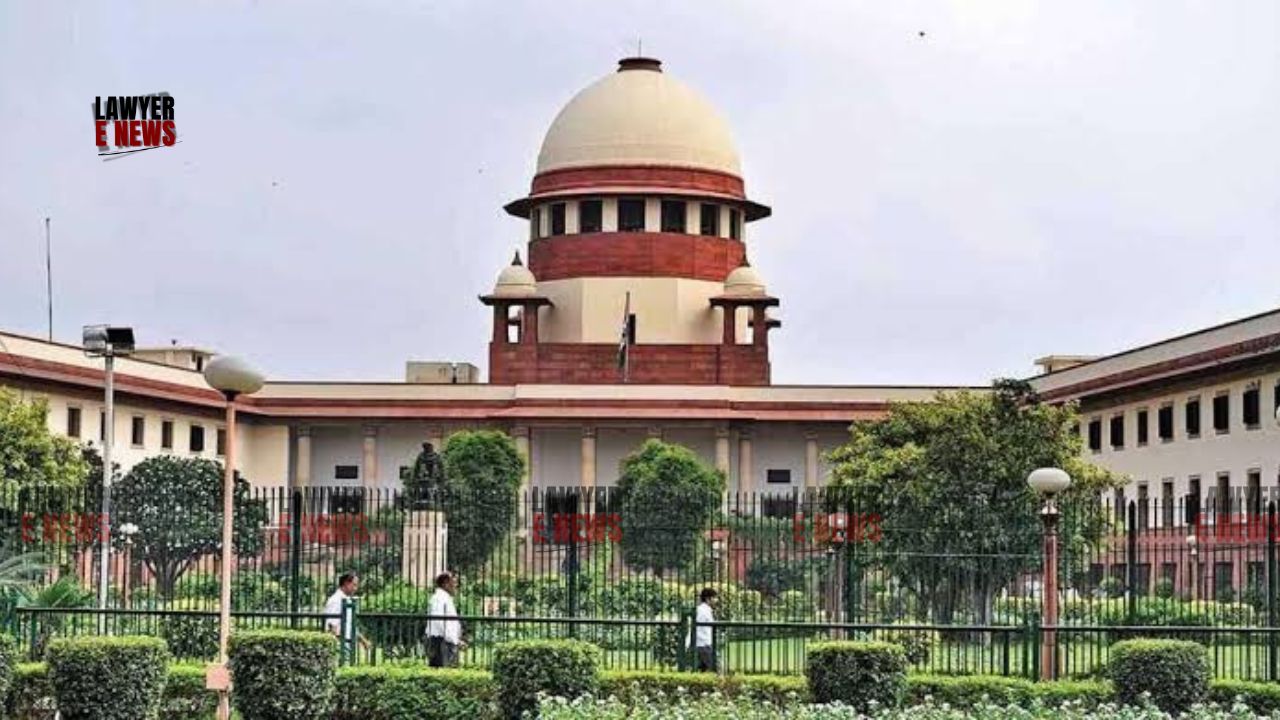-
by sayum
14 February 2026 2:22 PM



In a notable judgment, the Supreme Court of India has modified the interest rate awarded by the National Consumer Disputes Redressal Commission (NCDRC) on refunds due to homebuyers in a delayed real estate project. The bench, comprising Justices B.R. Gavai and Sandeep Mehta, ruled that the interest rate should be increased from 9% to 12% per annum. This decision underscores the court's commitment to ensuring fair compensation for consumers affected by prolonged project delays.
M/s Parsvnath Developers Ltd., a prominent real estate developer, launched a group housing project named 'Parsvnath Paramount' in Subhash Nagar, New Delhi, in 2008. The complainants, Vidya and others, booked a 3BHK flat in this project and entered into a Flat Buyer Agreement with the developer on October 10, 2008. Despite timely payments amounting to approximately 95% of the total sale price by the complainants, the project faced significant delays, and possession was not handed over within the stipulated time frame.
The developer cited delays in plan sanctions by the Delhi Development Authority (DDA) and recession in the real estate sector as reasons for the project's delay, invoking the force majeure clause. However, the Supreme Court, referencing a prior judgment in the DLF Home Developers case, rejected this contention, emphasizing that the force majeure clause did not cover the delays in this scenario.
The complainants argued that the interest rate awarded by the NCDRC (9% per annum) was unjustifiably low, especially since the agreement stipulated a 24% per annum interest rate on delays attributable to the flat purchaser but only 12% per annum for delays by the developer. The court acknowledged this disparity and highlighted that the NCDRC should have awarded at least 12% interest per annum as per the agreement's terms.
The Supreme Court meticulously examined the terms of the agreement and the factual matrix, concluding that the NCDRC's decision to award 9% interest was not justified. The bench noted, "Undisputedly, the facts of the case show that the project was delayed inordinately. The complainants-appellants were made to suffer for long, for no fault of them. In spite of making the entire payment, they were deprived of the possession within the stipulated time."
Justice B.R. Gavai remarked, "The learned Commission, at least, ought to have awarded interest at the rate of 12% per annum in view of clause 7(b) of the Agreement."
The Supreme Court's decision to increase the interest rate on refunds from 9% to 12% per annum sends a strong message about the importance of equitable treatment for consumers in real estate transactions. By upholding the refund of the entire amount deposited by the complainants and modifying the interest rate, the judgment reinforces the judiciary's stance on fair compensation for aggrieved homebuyers. This ruling is expected to have significant implications for future cases involving delayed real estate projects, promoting greater accountability among developers.
Date of Decision: July 29, 2024
Vidya and Others vs. M/s Parsvnath Developers Ltd.
